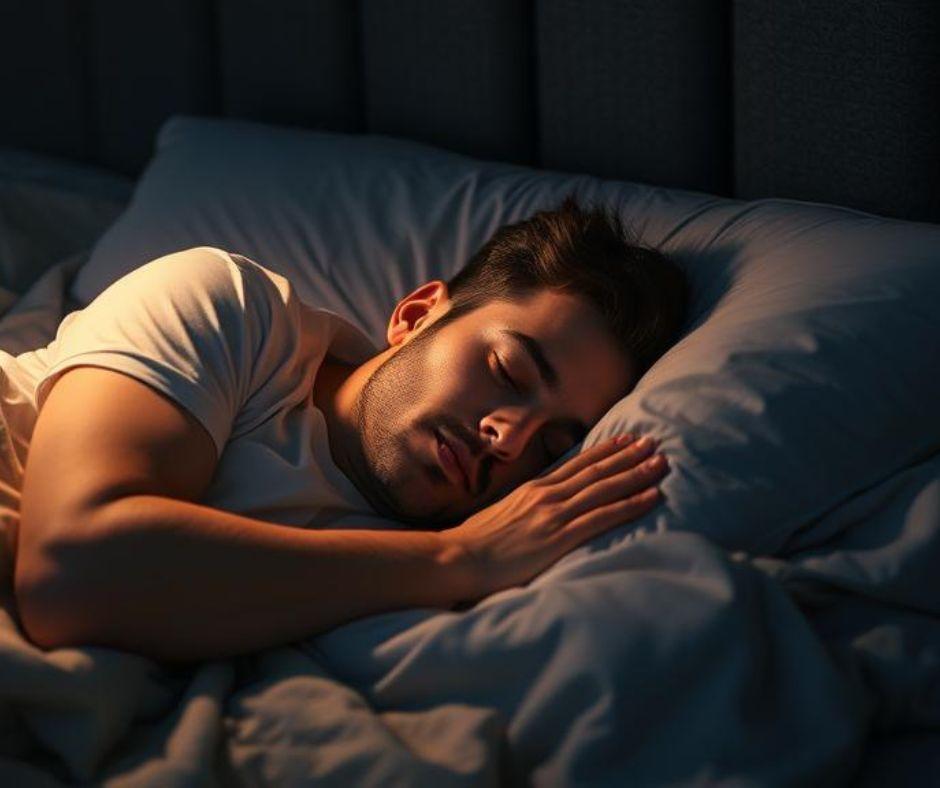Years of scientific study taught me a key lesson. To solve a problem, one must first understand its main cause. Looking at how common insomnia is today, we need to consider more than just single instances. We must grasp the larger forces that have reshaped humanity's connection with sleep.
Human beings developed very complex natural timers. Evolution gave them these biological clocks. These clocks react to things like sunlight. They also respond to how warm it is. Even signals from other people affect them. For thousands of years, these natural body rhythms perfectly matched the daily cycles of day and night. Our ancestors lived peacefully with these natural patterns. They woke up when the sun came out. They settled down to rest as darkness arrived. However, modern life now moves very fast. This has created a world that constantly works against these old natural systems.
Artificial lights marked the beginning of humanity's shift away from natural sleep. But the technology changes of the past few decades sped up this disruption greatly. Blue light from our devices acts like daylight. It tells our brains to stay awake even when our bodies desperately need rest. Shift work demands, constant connection, and pressure to be productive at all hours all work against our natural body clocks with huge force.
Think about how complex our bodies' systems must navigate. Smartphones beep with messages all night. Work emails demand attention across many time zones. Entertainment options provide excitement exactly when our brains should prepare for rest. We have built a 24-hour society that works directly against millions of years of our evolutionary programming.
Health experts now suggest trying careful ways to improve sleep. These ways include special talk therapy for insomnia, called cognitive behavioural therapy. They also suggest plans to reduce screen time, known as digital detox. Other solutions focus on helping you relax to sleep better. These methods put relaxation first, rather than trying to follow strict sleep rules. Experts understand that sleep is more than just not being awake. Instead, it is a busy process inside your body that works best when everything is just right.
We must avoid making the problem too simple. We also cannot suggest that only changes in a persons lifestyle can solve the deep issues of modern life. Good sleep habits are truly important for everyone. However, some individuals require more support to restore healthy sleep patterns. The brain chemistry that controls sleep and wakefulness is very complex. Many chemical systems work within the brain to manage this. These systems can become unbalanced due to long-term stress, things in the environment, or traits passed down through families.
Scientists call the sleep-wake cycle the circadian clock. It sits in a part of the brain called the suprachiasmatic nucleus. This biological clock manages hormone release, like melatonin and cortisol. It also controls body temperature and many other body processes. When this system breaks down, the effects go far beyond just feeling tired.
The Role of Science and Care in Restoring Sleep
This is where scientific understanding and caring help become very important. Modern sleep medicines, when used correctly, can help reset unbalanced brain chemistry. They can also provide a base for long-term sleep health. Eszopiclone, for example, boosts the brain's natural sleep helpers. It specifically targets GABA receptors. This promotes the brain conditions needed for healthy sleep to start and continue.
The medicine helps people get both the right amount and quality of sleep for best health. Good sleep does not just mean hours spent in bed. It means moving through different sleep stages. These include deep slow-wave sleep for physical recovery. It also includes REM sleep, which is vital for thinking and managing emotions.
The aim is not to always rely on medicine. Instead, it is a smart step that lets the body's natural systems reset. Think of it as temporary help while rebuilding the foundation of good sleep habits. This takes patience. The brain's sleep systems might need time to adjust to healthier patterns.
This full approach needs careful medical guidance. It also requires access to good quality medicines from trusted places. The teamwork among the patient, doctor, and pharmacist becomes key. It ensures that treatment is both safe and works well. Each person on this healthcare team brings important knowledge to the process of getting good sleep back.
Investing in Sleep: A Foundation for a Better Future
I often reflect on the question: Are we being good ancestors? When we deal with our modern sleep problem, we must think about more than just quick relief. We must also consider the long-term health of our communities. By treating insomnia seriously, we invest in thinking skills, emotional strength, and physical health. These traits help people contribute greatly to society.
The reward for doing good work is the chance to do more. When we bring back healthy sleep, we restore the ability for learning, creativity, and service. These define our highest human potential. A sharp scientist, a patient parent, a clear-thinking worker—all these contributions to society depend greatly on the refreshing power of good sleep.

